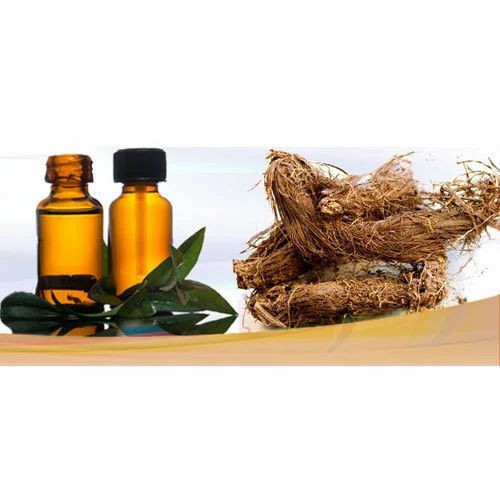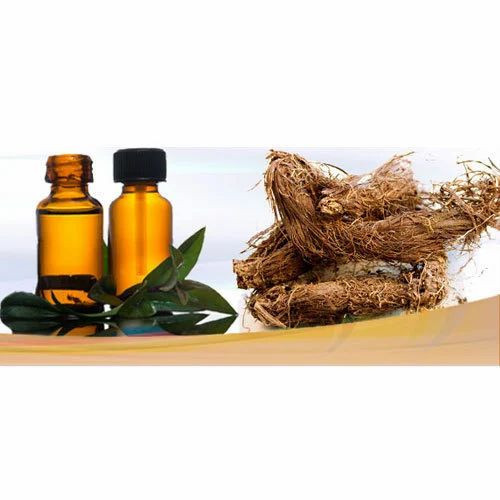Amber oil, often derived from fossilized tree resin through a distillation process, is known for its rich, warm, and resinous fragrance. It has been used for centuries in various cultures for its aromatic, therapeutic, and cosmetic properties. Here are some of its common uses and recommended methods of application:
Uses of Amber Oil
-
Aromatherapy:
- Application: Add a few drops to a diffuser or an oil burner.
- Benefit: Creates a calming and grounding atmosphere, reducing anxiety and stress.
-
Perfumery:
- Application: Use as a base note in DIY perfumes or add a few drops to unscented lotions.
- Benefit: Provides a long-lasting, exotic fragrance with a warm, woody aroma.
-
Massage:
- Application: Dilute a few drops of amber oil with a carrier oil (e.g., jojoba, almond, or coconut oil) and use for a full-body massage.
- Benefit: Promotes relaxation, reduces muscle tension, and enhances mood.
-
Skin Care:
- Application: Add a few drops to your regular skincare products or mix with a carrier oil and apply directly to the skin.
- Benefit: Rejuvenates and nourishes the skin, potentially aiding in the reduction of fine lines and wrinkles.
-
Meditation and Spiritual Practices:
- Application: Apply a small amount to pulse points or use in a diffuser during meditation or spiritual rituals.
- Benefit: Enhances focus, grounding, and spiritual connection.
-
Respiratory Health:
- Application: Add a few drops to a bowl of hot water, cover your head with a towel, and inhale the steam.
- Benefit: May help in relieving congestion and respiratory issues.
-
Natural Insect Repellent:
- Application: Mix a few drops with water in a spray bottle and use as a natural insect repellent.
- Benefit: Helps in keeping insects away without harmful chemicals.
Usage Tips
- Dilution: Always dilute amber oil with a carrier oil before applying to the skin to avoid irritation.
- Patch Test: Perform a patch test to ensure there are no allergic reactions.
- Combination: Amber oil blends well with other essential oils such as sandalwood, frankincense, and vanilla for enhanced benefits.
- Storage: Store amber oil in a cool, dark place to maintain its quality and extend its shelf life.
- Moderation: Use in moderation, especially when applying to the skin or using in a diffuser, as its scent can be quite potent.
Precautions
- Allergies: Check for allergies to amber oil or any carrier oils used.
- Pregnancy and Nursing: Consult a healthcare provider before using amber oil during pregnancy or while nursing.
Arnica oil, derived from the flowers of the Arnica montana plant, is renowned for its various therapeutic properties. Here are some of the primary benefits of arnica oil:
-
Anti-inflammatory: Arnica oil is commonly used to reduce inflammation and swelling, making it helpful for conditions like arthritis and sprains.
-
Pain Relief: It is effective in alleviating pain associated with bruises, muscle aches, and joint pain. Many athletes use it for sore muscles after intense physical activity.
-
Bruise Healing: Arnica oil can accelerate the healing process of bruises by improving blood flow to the affected area, which helps to clear away the pooled blood more quickly.
-
Reduces Swelling: Its anti-inflammatory properties also make it effective in reducing swelling from injuries, surgeries, or insect bites.
-
Skin Health: Arnica oil is used to treat various skin conditions, including acne and eczema, due to its antibacterial and anti-inflammatory properties. It can also improve the appearance of scars.
-
Improves Circulation: By stimulating white blood cell activity, arnica oil can improve circulation, which helps in the healing of wounds and the reduction of pain.
-
Hair Health: Some people use arnica oil to promote hair health, as it can help reduce dandruff and stimulate hair growth by improving blood circulation to the scalp.
-
Anti-bacterial: Arnica oil has mild antibacterial properties, making it useful in treating minor cuts and wounds to prevent infection.
How to Use Arnica Oil
- Topical Application: Arnica oil should be applied directly to the skin. It's often used in diluted form or as an ingredient in creams, ointments, and gels.
- Avoid Ingestion: Arnica oil is toxic if ingested and should only be used externally.
- Patch Test: Before widespread use, a patch test is recommended to ensure there is no allergic reaction.
Precautions
- Allergic Reactions: Some individuals may experience allergic reactions such as rashes or itching.
- Open Wounds: Avoid using arnica oil on broken skin or open wounds.
- Pregnancy and Breastfeeding: Consult a healthcare provider before using arnica oil during pregnancy or while breastfeeding.









